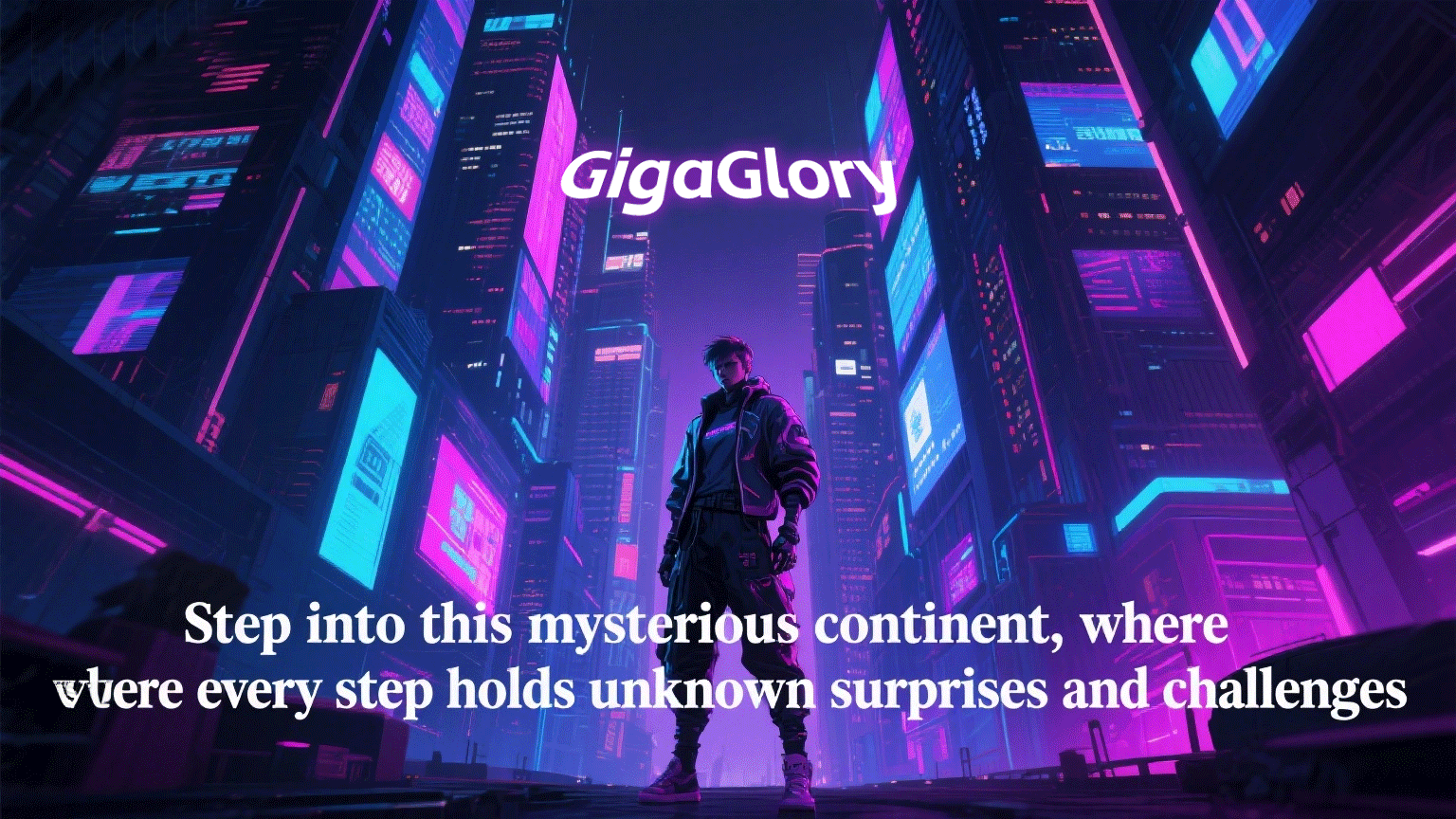Why Puzzle Games Are Taking Over the Simulation Games Genre: Unlocking New Levels of Fun
You might think of simulation games as the bread and butter for hardcore gamers. Yet, there's a twist in the tale: puzzle games are creeping up, turning heads and claiming the spotlight. But why are they taking over the simulation game genre? Let’s dive into the link between these two worlds and unveil the mysteries behind the phenomenon.
The Rise of Puzzle Games
Puzzle games have always held a special place in our hearts. From brain teasers to intricate logic problems, these games challenge our minds while providing endless entertainment. In recent years, titles like “Candy Crush,” “The Witness,” and even mobile versions of classic puzzles have become all the rage. But what makes them so appealing, especially in a world dominated by simulation games? Here are a few key factors:
- Accessibility: Unlike many simulation games that require extensive learning curves, puzzle games are often straightforward and easy to pick up.
- Short Play Sessions: Most puzzle games can be played in quick bursts, making them perfect for gamers on the go.
- Versatility: These games range from simple match-three mechanics to complex logic puzzles, catering to a wide audience.
Simulators Meet Puzzles: A Perfect Blend
Imagine sitting down to play a simulation game like “The Sims.” It's engaging but sometimes tedious. Now, imagine if the entire gameplay were infused with brain-teasing puzzles. This fusion is exactly what some developers are exploring. Games like “Two Point Hospital” and “Cities: Skylines” are dabbled with innovative puzzle elements, creating layers of fun. Below is a table comparing simulation games with integrated puzzles versus traditional simulation games:
| Feature | Traditional Simulation Games | Puzzle-Infused Simulation Games |
|---|---|---|
| Gameplay Length | Long sessions, requires commitment | Flexible, quick play sessions |
| Learning Curve | Steep, can be confusing | Gradual, intuitive learning |
| Player Engagement | Varied, sometimes stagnant | Consistent, fresh challenges |
What Games are Leading the Charge?
Here’s a list of RPG games that successfully blend adventure, simulation, and puzzles:
- “The Legend of Zelda: Breath of the Wild” - A classic with tons of puzzles intertwined within a vast simulation world.
- “Fire Emblem: Three Houses” - RPG that combines strategic battles with character relationships, loaded with strategic puzzles.
- “Divinity: Original Sin 2” - Immerse yourself in a world full of tactical puzzles and rich simulated interactions.
Crunching the Numbers: Are Puzzle Games Here to Stay?
Reports from gaming analysts indicate a growing trend where puzzle games are capturing significant market shares from the simulation genre. This isn't just about fun; it's about evolving gaming preferences. The results are in: engaging puzzles push players to spend more time immersed in the game, thus increasing in-game purchase likelihood. As a gamer or developer, the question looms: are you ready to embrace this shift?
FAQ
Q: What are some popular puzzle games?
A: Some popular choices include “Monument Valley,” “Tetris,” and “Portal 2.”
Q: Can traditional simulation games become more puzzle-focused?
A: Absolutely! Developers are discovering innovative ways to integrate puzzle elements into existing frameworks.
Q: How can I improve my puzzle-solving skills?
A: Practice regularly! Playing different types of puzzles helps sharpen your skills over time.
Conclusion
In conclusion, the world of gaming is ever-evolving, with puzzle games taking the stage to redefine what we define as fun. Whether you’re an avid console player or prefer casual mobile games, there’s no denying the innovative paths puzzle games are forging within the simulation genre. Maybe it’s time to set aside some simulation strategies and dive into those brain-busting puzzles— after all, every challenge is another level of fun!



